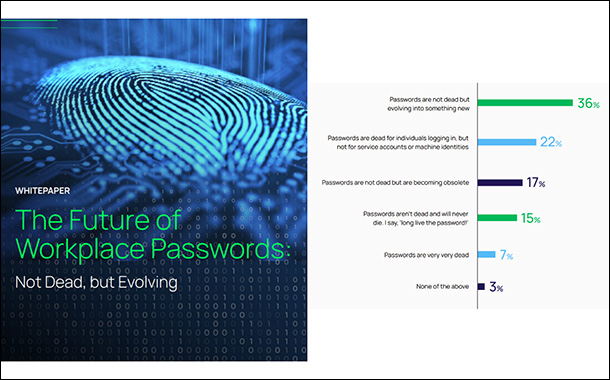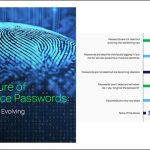Delinea, a provider of solutions that seamlessly extend Privileged Access Management (PAM), announced a definitive agreement to acquire Fastpath, a leader in Identity Governance and Administration (IGA) and identity access rights. This strategic move follows Delinea’s recent acquisition of Authomize and marks a significant expansion in Delinea’s capabilities to enhance privileged access, controls, and governance, reducing organizational cybersecurity risk and ensuring compliance.
By incorporating Fastpath’s expertise, Delinea is poised to offer a robust, AI-driven authorization security platform making Delinea the definitive source for managing authorization across infrastructure, applications, and data, providing unmatched insights and control over user access and privileges.
“This strategic acquisition by Delinea heralds a new era in identity security, establishing pioneering standards for Privileged Access Management in an increasingly digital and interconnected world, where cybersecurity challenges are constantly evolving,” said Art Gilliland, CEO of Delinea. “The addition of Fastpath will empower the Delinea Platform to dynamically control authorizations by assessing user risk. This advanced approach is crucial for securing modern, distributed environments across infrastructure, applications, and data.”
In today’s landscape, dominated by Infrastructure-as-a-Service and SaaS applications, organizations face a growing attack surface and challenges in managing data and identity sprawl. The combination of Fastpath with Delinea is timely, addressing these challenges head-on. It equips Chief Information Security Officers (CISOs) and their teams with advanced tools for managing the complex interactions between privileged users and corporate data.
“The challenge that CISOs are struggling with is that identities are increasingly decentralized, but that leaves a lot of open gaps for authorization,” said Martin Kuppinger, founder and Principal Analyst at KuppingerCole. “Authorization and policy models need to be managed and more centralized, especially as privileged users are not limited to traditional admins but expand to line of business users. Solving the challenge of centralizing, orchestrating, and automating authorization is critical to effectively reduce risk and mitigate threats in decentralized environments spanning all identities.”
Combining Fastpath’s IGA capabilities with Authomize’s Identity Threat Detection and Response (ITDR) technology, Delinea is uniquely positioned to offer profound insights and control mechanisms over user access. This integration not only identifies overprivileged access and potential threats but also facilitates automated remediation through intelligent access controls, significantly enhancing data security and compliance.
“There is a powerful synergy between Fastpath and Delinea,” commented Charles Snellgrove, CEO of Fastpath. “In today’s landscape, business leaders face a complex set of security challenges. By bolstering capabilities to enhance privileged access, controls, and governance, organizations can effectively mitigate cybersecurity risks. The collaboration between Fastpath and Delinea marks a transformative milestone in identity security, offering unparalleled insights and control over user access and privileges.”
The acquisition is subject to customary closing conditions including regulatory review.
Fastpath, a Pamlico Capital portfolio company since 2020, was represented by Raymond James. More information about Fastpath can be found at gofastpath.com.
























